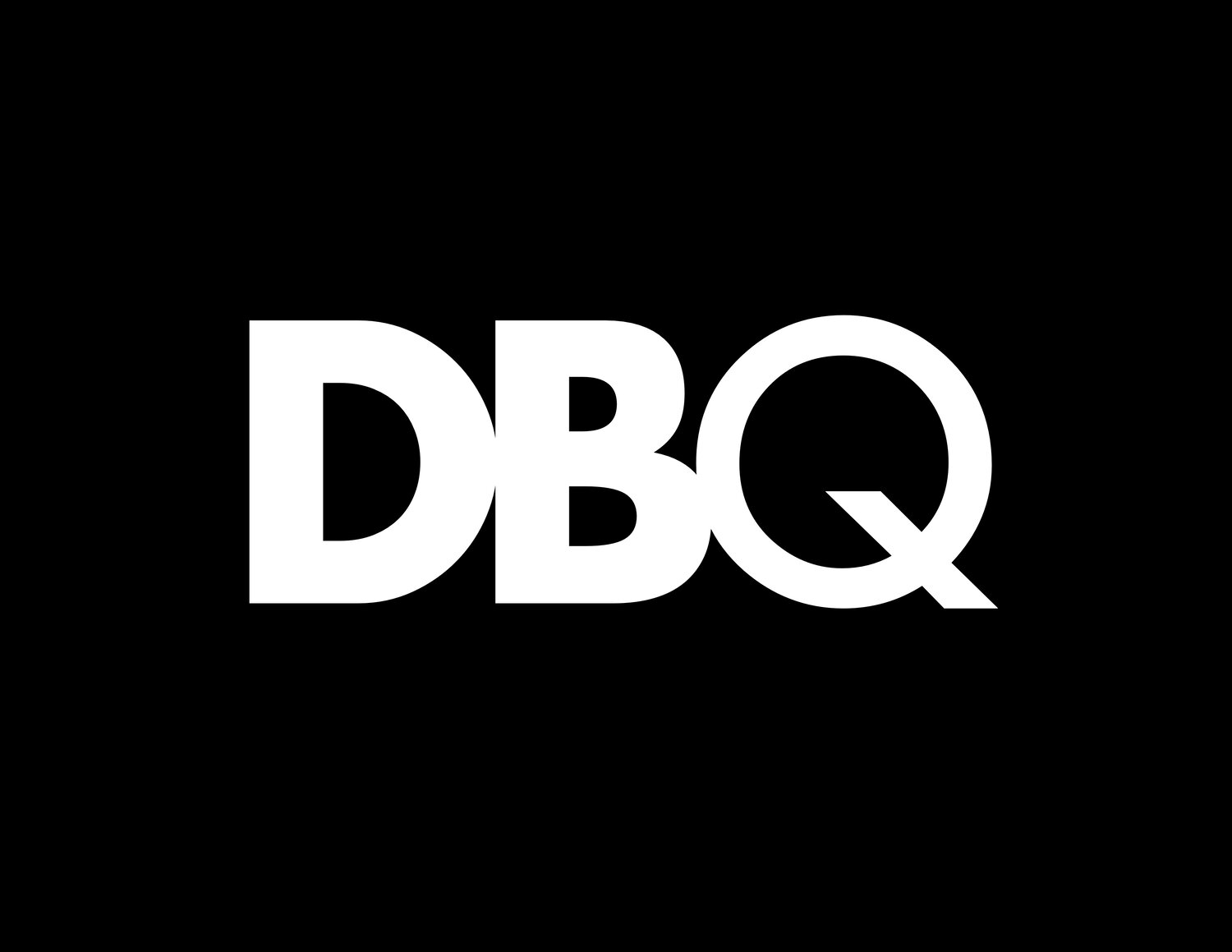THE QUEER BLACK PANTHER
BY QUE MARCELLIS
By now most of us have taken a first class trip to “Wakanda” and witnessed the greatness that is Marvels new epic cultural phenomenon “Black Panther” released appropriately in black history month, on February 16th. Black Panther has become more than just a movie, but a movement, and represents a new kind of superhero, one that represents the African American community, and the continent of Africa, in a more positive, new light that is breaking ground in Hollywood for people of color. With a predominately all-black cast featuring Hollywood legends such as Angela Basset, Forest Whittaker, and new Hollywood heavy hitters Michael B. Jordan, and Howard University graduate, Chadwick Boseman, another piece of black excellence is that it’s directed by an African American man “Ryan Coogler” director of movies Creed, and Fruitvale Station. Black Panther has earned a whopping 659.5 million domestically, at least 500 million overseas, and a grand total of nearly 910 million worldwide, easily becoming the third highest grossing superhero film in cinema history, topping big movie franchises such as “Star Wars” and “Titanic.”
Far too often in the media, and in Hollywood, we have been fed the same repetitive negative images, and or stereotypes of black men, and women. Whether we are depicted as slaves struggling for freedom, living in, or coming from struggling impoverished ghettos, or seeing images of starving black children in Africa, “Black Panther” is an empowering refreshing, and very needed movie for the Black Culture featuring a fictional African Country uncolonized, or affected by real realities of exploitation, and war. But the movie is largely based on inspiration from authentic African tribes, traditions, and past untold stories of wealth, and Kingship.
As a black man myself, rising out of my seat for the fourth time, as the credits rolled, I’ve never felt so much pride for my blackness, and a desire to learn more about my lost African heritage. But just like any movie, “Black Panther” was met with some criticism of its lack of LGBT representation. In the comic books that the movie is largely based around, many fans pointed out left out romances between character “Okoye” general of the all-female, special forces unit in Wakanda the “Dora Milaje” with a fellow female counterpart. As black LGBT people of color, seeing ourselves in this sprawled out African Diaspora is just as important. I walked away wanting to see black gay men in this movie and wondering what effects would be seeing such images have on the gay community.
A screenwriter of Black Panther, even revealed the fact that certain scenes with LGBT flirtation were left on the chopping block when the movie was in its editing process, but why? Would Hollywood be ready to see our images in black culture? As much as I enjoyed that this movie validated my blackness, I couldn’t help but wonder how empowered I would be if my Queerness were celebrated as well. It is up to our community, to raise our voices, and demand to be seen, heard, and represented just like any other minority group. It is very healthy for us to continue to have these type of conversations in our communities, in press, and media. Let us move forward by stepping up to tell our own stories by our own talented, and currently unknown queer filmmakers, and entertainment artist. Let us hope that “Black Panther” stays faithful to the comics, and honors LGBT representation in the storyline moving forward.


